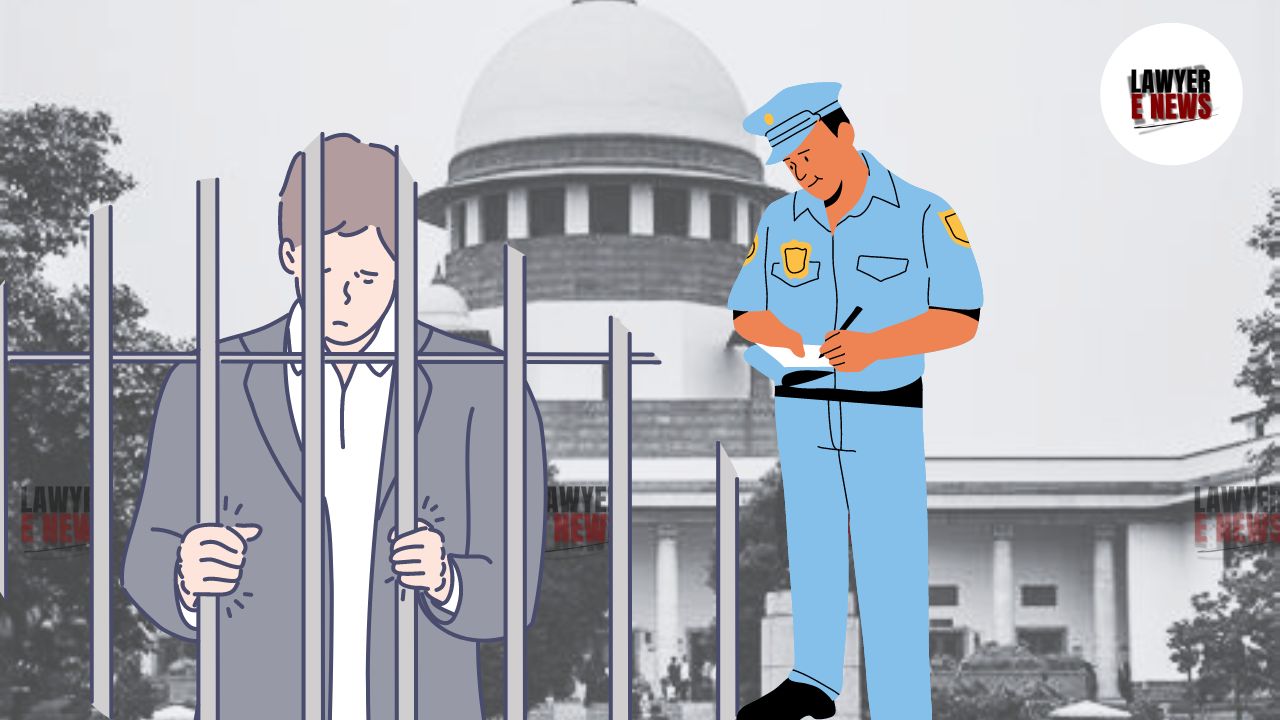-
by Admin
15 February 2026 2:36 AM



Court grants bail to Prem Prakash, citing inadmissibility of statements made under duress during judicial custody. In a landmark ruling, the Supreme Court of India has granted bail to Prem Prakash in a high-profile money laundering case under the Prevention of Money Laundering Act (PMLA). The Court highlighted that statements made by an accused while in custody under another proceeding cannot be used against them in a separate case, significantly impacting how evidence is handled in such cases. The bench, led by Justices B.R. Gavai and K.V. Viswanathan, also emphasized the importance of safeguarding constitutional rights during prolonged judicial custody.
Prem Prakash was embroiled in a complex money laundering case related to the fraudulent acquisition and sale of land in Ranchi. The Enforcement Directorate (ED) accused Prakash, along with others, of participating in a scheme to sell a disputed property using forged documents. Although the alleged fraudulent activities took place in 2021, Prakash was arrested in August 2022 for a separate ECIR (Enforcement Case Information Report) related to illegal stone mining in Jharkhand. He remained in custody for over a year without the commencement of his trial, which led to his bail application.
One of the crucial aspects of the judgment was the Supreme Court’s decision that statements made by Prakash during his custodial interrogation, while he was in judicial custody for another case, could not be admitted as evidence in the current money laundering case. The Court reasoned that such statements are protected under Section 25 of the Indian Evidence Act, which prohibits the use of confessions made to police officers against the accused. The Court also referenced Article 20(3) of the Constitution, which provides protection against self-incrimination, and emphasized that these rights should not be circumvented by recording statements while an accused is under duress in custody.
The Court stated, “It will be extremely unsafe to render such statements admissible against the maker, as such a course of action would be contrary to all canons of fair play and justice.”
The judgment further reinforced the principle that bail should be the rule rather than the exception, especially in cases where the accused has been in custody for an extended period without trial. The Court criticized the lower courts for often denying bail in straightforward cases, leading to unnecessary incarceration. It underscored that prolonged judicial custody should not equate to punishment before trial, thereby violating Article 21 of the Constitution, which guarantees the right to life and personal liberty.
The bench highlighted, “Detention or jail before being pronounced guilty of an offense should not become punishment without trial.”
The Supreme Court also addressed the evidentiary basis for the accusations against Prakash. The Court found that while there were statements from co-accused and other witnesses, they did not conclusively link Prakash to the alleged offenses. The Court observed that the prosecution’s case lacked substantive evidence to prove Prakash’s involvement in the forgery and subsequent money laundering activities. Consequently, the Court found that the twin conditions under Section 45 of the PMLA—requiring that the accused be shown as not guilty and unlikely to commit an offense if released—were satisfied in this instance.
The judgment extensively discussed the interplay between the right to personal liberty under Article 21 and the statutory provisions under PMLA. It stressed that statutory provisions like Section 45 of the PMLA must align with the constitutional guarantee of a fair and reasonable procedure. The Court emphasized that while Section 45 imposes twin conditions for granting bail, it does not override the fundamental right to liberty, particularly when the evidence is weak or the trial is unduly delayed.
Justice K.V. Viswanathan remarked, “Statements recorded while the accused is in judicial custody, especially in another case, cannot be deemed voluntary and are thus inadmissible as evidence under Section 25 of the Evidence Act.”
The Supreme Court’s decision to grant bail to Prem Prakash is a significant development in the interpretation of the PMLA and the handling of evidence in cases involving prolonged judicial custody. By reinforcing constitutional protections and emphasizing the inadmissibility of statements made under duress, the judgment sets a critical precedent for future cases under the PMLA. The ruling serves as a reminder of the judiciary’s role in protecting individual rights against the excesses of pre-trial detention.
Date of Decision: August 28, 2024.
Prem Prakash vs. Union of India through Directorate of Enforcement
